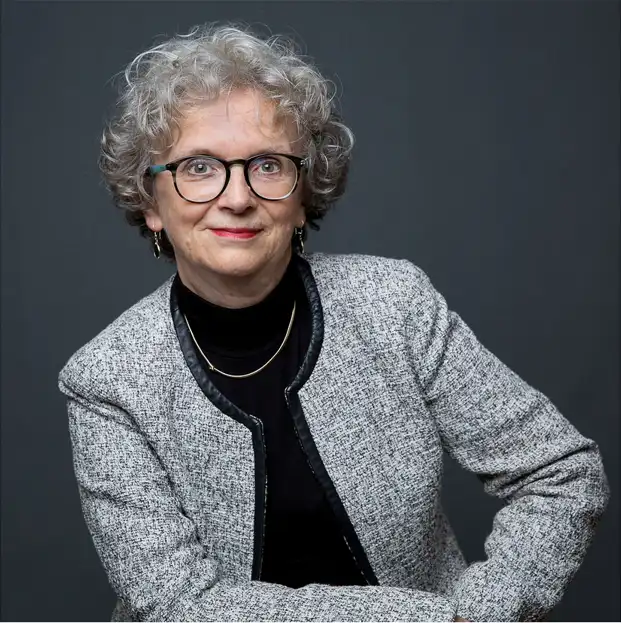"Contribute to a respectful and sustainable reconstruction, anchored in the realities of the country" - Elisabeth Barbier
 Elisabeth Barbier is a member of Fondation de France's Solidarity with Morocco Committee. Made up of six volunteer experts, this committee was set up in the first days after the earthquake to assess priority needs and examine requests for support. A career diplomat, former ambassador to South Africa and former director for Africa and the Indian Ocean at the Ministry of Europe and Foreign Affairs, Elisabeth Barbier represents Fondation de France on the French Development Agency’s Civil Society Organisations Committee.
Elisabeth Barbier is a member of Fondation de France's Solidarity with Morocco Committee. Made up of six volunteer experts, this committee was set up in the first days after the earthquake to assess priority needs and examine requests for support. A career diplomat, former ambassador to South Africa and former director for Africa and the Indian Ocean at the Ministry of Europe and Foreign Affairs, Elisabeth Barbier represents Fondation de France on the French Development Agency’s Civil Society Organisations Committee.
What are the specific characteristics of this emergency?
The earthquake struck a mountainous region in southern Morocco, which is very isolated and one of the poorest in the country. The local people live mainly from agriculture and livestock, and their resources are very low. Some areas are extremely difficult to access, particularly in winter, which makes it even more difficult to intervene. The earthquake was a double blow for the people living in these areas: in addition to the loss of life and property, it destroyed many irrigation systems and blocked some springs, making it very difficult to resume farming. Despite significant efforts by the public authorities, in many cases the population has still not been able to return to normal life.
What is the situation two years after the disaster?
We are no longer in the immediate emergency phase of distributing tents, shelters or essential kits. We are now focusing on longer-term initiatives, with different approaches for different areas. The scale of the needs varies according to the accessibility of the areas: in some villages, building materials can only be delivered by donkey. This requires a localised and targeted response in a few priority areas to ensure more comprehensive and coherent care.
What are Fondation de France's priorities today?
Contributing to economic recovery is a key focus of our work. We are supporting a number of initiatives aimed at enabling farming and pastoral activities to resume, in particular by rehabilitating springs and water points, a vital issue for the population. Education and training for employment are also at the heart of our priorities, with projects designed to offer young people, particularly girls, real prospects for professional integration. We also support women in developing income-generating activities, such as weaving or argan farming, by promoting local expertise.
Reconstruction is another major project. The aim is not just to rebuild, but to do so in a way that respects traditional architecture, in collaboration with Moroccan professionals. This mainly concerns collective buildings: schools, community centres, educational and leisure facilities, etc. We are working to preserve access to education for girls, in particular by rebuilding boarding schools to enable them to attend school away from their families' villages.
Finally, psychological support remains essential. We support several associations working to improve mental health to help them establish their actions within the local community over the long term. We pay particular attention to children orphaned by the earthquake.
How do the various organisations involved work together?
Fondation de France relies on a strong local presence: one of the members of our committee lives in Morocco and plays an essential role as a local liaison. A significant part of our support goes towards strengthening the capacity of Moroccan NGOs to ensure the sustainability of their actions and consolidate their structure. Our relationships with local associations are based on trust, combining flexibility, rigour and responsibility. Our regular missions to the field enable us to adjust our approach and support the associations over the long term. The objective is clear: to contribute to a respectful and sustainable reconstruction, rooted in the realities of the country and giving new prospects to the most vulnerable populations affected by the earthquake.

